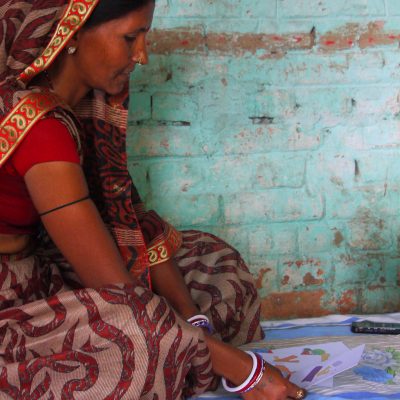Nurturely Research
Hot-off-the-Press:

Just published in Journal of Affective Disorders: A randomized intervention with baby carriers decreases symptoms of postpartum depression
We already knew that when parents hold their babies skin-to-skin right after birth, it helps prevent postpartum depression. But outside of hospital contexts, it was an open question whether simply carrying babies without skin-to-skin contact would help.
Nurturely Founder Emily Little, PhD, and colleagues conducted a randomized intervention where half of the parents received a soft-structured baby carrier to use with their baby starting at birth (and half received the carrier later). When measured at six-weeks postpartum with the Edinburgh Postnatal Depression Scale, parents in the carrying intervention group had decreased symptoms of postpartum depression.
Preventative, Culturally-Rooted Research
Randomized Carrying Intervention & Lactation
The Science & Nature of Nurturing

Why Research?
The first step to solving a problem is understanding it. In our data-driven society, rigorous, interdisciplinary research is the foundation of innovative solutions to address the root of inequities in perinatal health and early development. At Nurturely, we emphasize the integration of both the academic scientific method and the ancestral wisdom shared through storytelling and intergenerational transmission.
The Science
When conducted in equitable and inclusive ways, interdisciplinary, community-participatory research can help advance policies that ultimately benefit parents and babies. We aim to bridge the gap between the community and academic institutions to ensure that researchers are asking the questions most pertinent to parents and babies with the end goal of improving policies and practices.


The Nature
In many cases, modern science is just starting to catch up with what human parents around the world already know. Though research has very little documentation of the physiological and psychological effects of ubiquitous human practices – for example, carrying babies – communities around the world understand the benefits of these practices.
Nurturely's Approach to Research
Commitment to Community-Participation & Research Justice

Extensive harm has been caused by medical and scientific research, both directly through harmful experimentation as well as indirectly through lack of equitable inclusion in research studies. Within perinatal health for example, researchers exploited the bodies of Black birthing people for the advancement of medical techniques that never came to benefit these communities. Nurturely emphasizes the importance of community-participatory approaches, where the community has leadership roles in the design and implementation of all research procedures and where the goal of the research is direct benefit to all communities involved, and especially those most impacted by the research topic.
Through our collaborative, community-based research, we aim to shift the power inequities caused by the gap between academia and the community. With our Research Fellows program, we provide mentorship to aspiring researchers from global majority communities to ensure that there is an equitable pathway into research positions.
- Emily Little, PhD, Nurturely Founder
Let's Work Together.
Collaboration Opportunities
Are you a researcher who is passionate about using science for good in the world? Do you want to collaborate to address community priorities and get your research out to the community? Are you an aspiring researcher interested in our Research Fellows program? We’d love to hear from you.